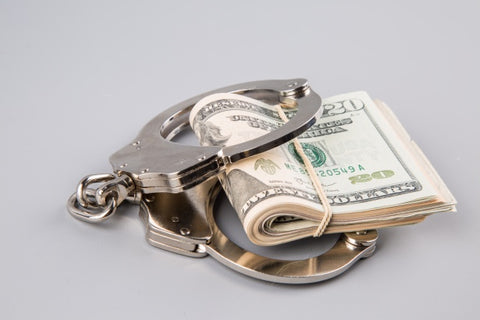CAN CBD OIL GET YOU HIGH?
Cannabis plants produce thousands of compounds but the most recognized belong to a class called cannabinoids. Two of these cannabinoids well-known among consumers are THC (tetrahydrocannabinol) and CBD (cannabidiol).
CBD’s close relationship with THC is the main reason why people ask if CBD can get you high.
THC is the main psychoactive component of the cannabis plant creating the ‘high’ associated with recreational cannabis use. On the other hand, CBD is the second most prevalent of the active ingredients of cannabis and isn’t known to cause psychoactive effects.
Known as medical cannabis, CBD is found more in dietary and natural supplements because of its pharmaceutical benefits. That’s why cannabis brands put too much focus on women who want CBD without a “high.”
As reported by World Health Organization:
“In humans, CBD exhibits no effects indicative of any abuse or dependence potential…To date, there is no evidence of public health related problems associated with the use of pure CBD.”
CBD products fall outside the scope of the U.S. Drug Enforcement Agency's (DEA) Controlled Substances Act, meaning CBD products are legal to sell and consume as long as they don't have THC.
Forbes reported in 2016 that CBD products are expected to be a $2.2 billion industry by 2020.

HOW LONG DOES CBD STAY IN YOUR SYSTEM?
Usually after ingestion, it takes about 20-30 minutes for CBD to take effect. But determining as to how long it can take for CBD to leave your system isn’t much of an exact science. On some studies available, it would take between 1-2 days or, at the outside, 4-25 days.
Also it depends upon several factors:
- Number of dosage;
- The way it’s administered (e.g. edibles, vaping, oil or tincture, etc.);
- If eaten beforehand; or
- Based on one’s weight

DOES CBD HAVE MEDICAL BENEFITS?
Certainly YES. Research suggests CBD may be better for inflammation and neuropathic pain.
Other benefits include (as numerous studies suggest):
- Amyotrophic Lateral Sclerosis (ALS)
- Parkinson’s
- Anxiety
- Acne
- Depression
- Anxiety
- Bone injury
- Substance Abuse/Withdrawal
- Rheumatoid Arthritis
- Diabetes
- ADHD
- Irritable Bowel Syndrome (IBS)
- Heart Disease
- Mad Cow Disease
- Dyskinesia
Editor’s Note: The material and information contained in this article is for GENERAL PURPOSES ONLY. These statements have not been verified by the FDA. CBD is not meant to diagnose, treat, prevent or cure any disease. We make no warranties or representations, express or implied, as to the timeliness accuracy or completeness of the information contained or referenced therein.





Comments (0)
There are no comments for this article. Be the first one to leave a message!